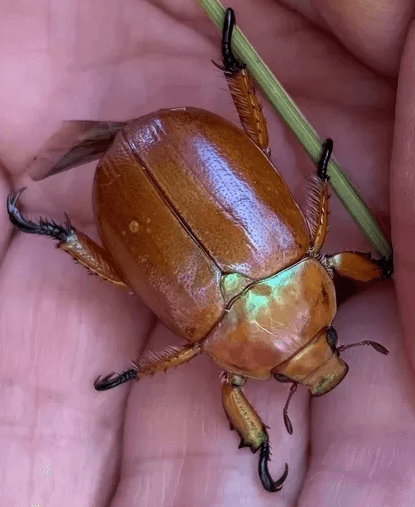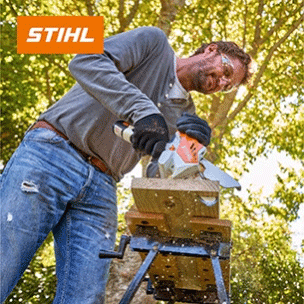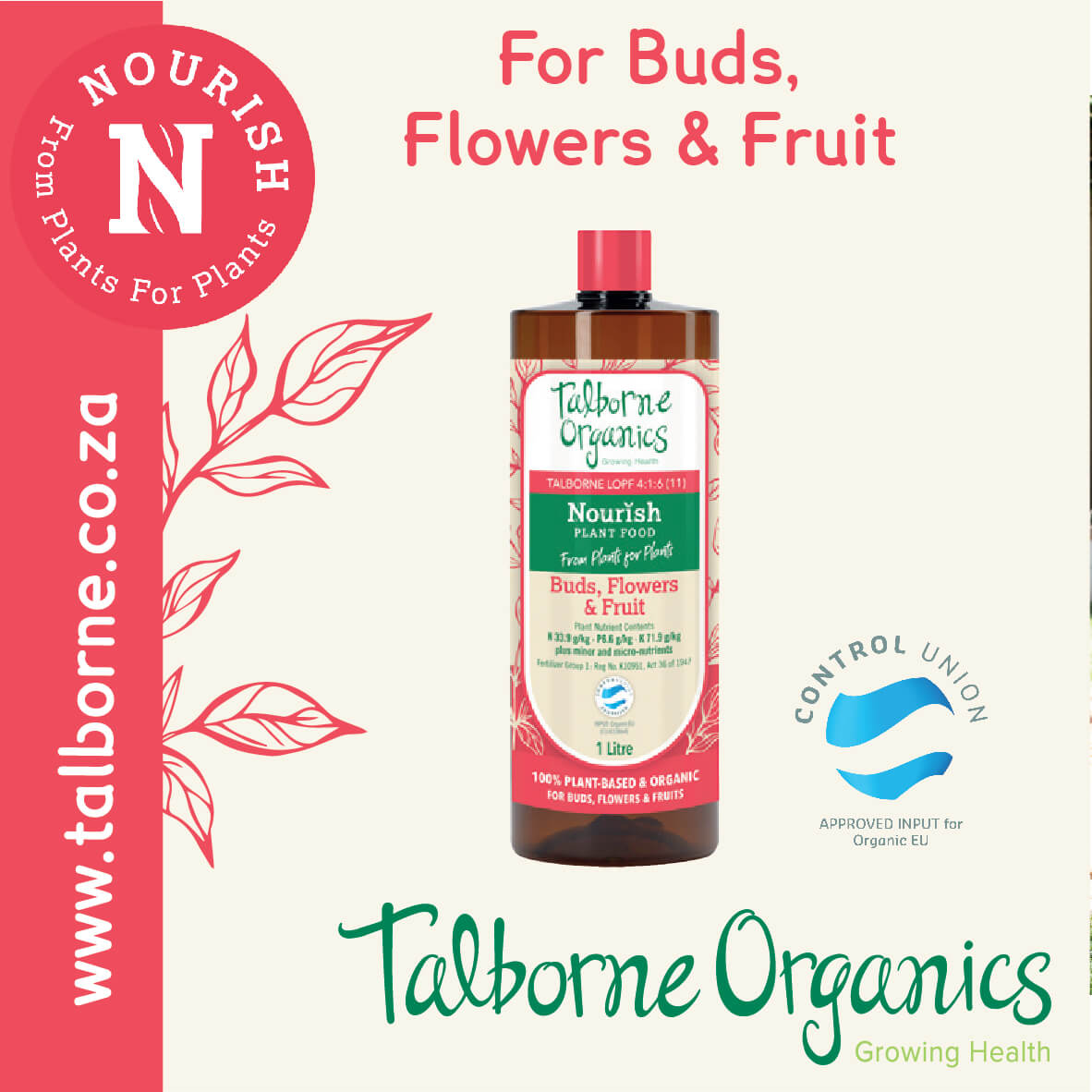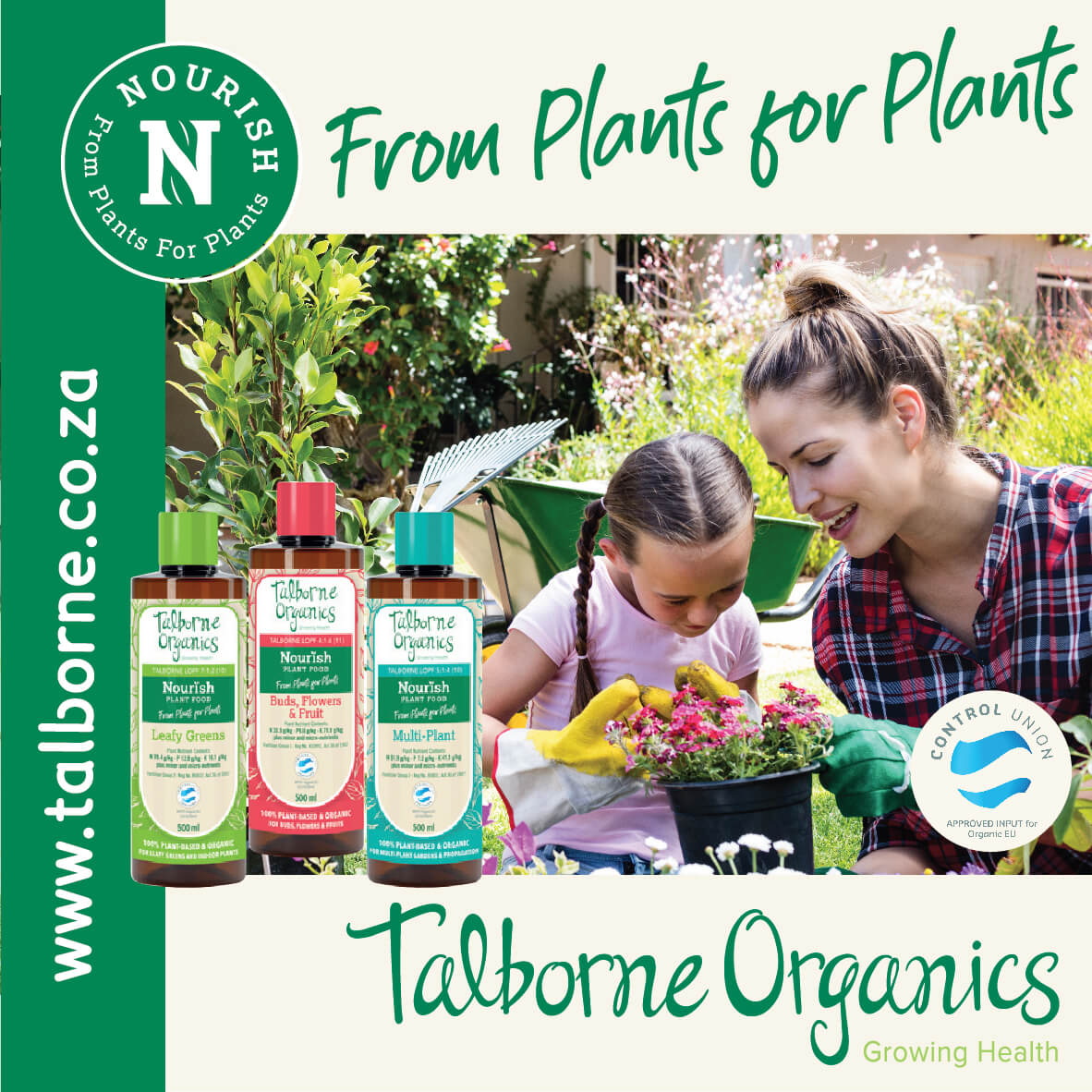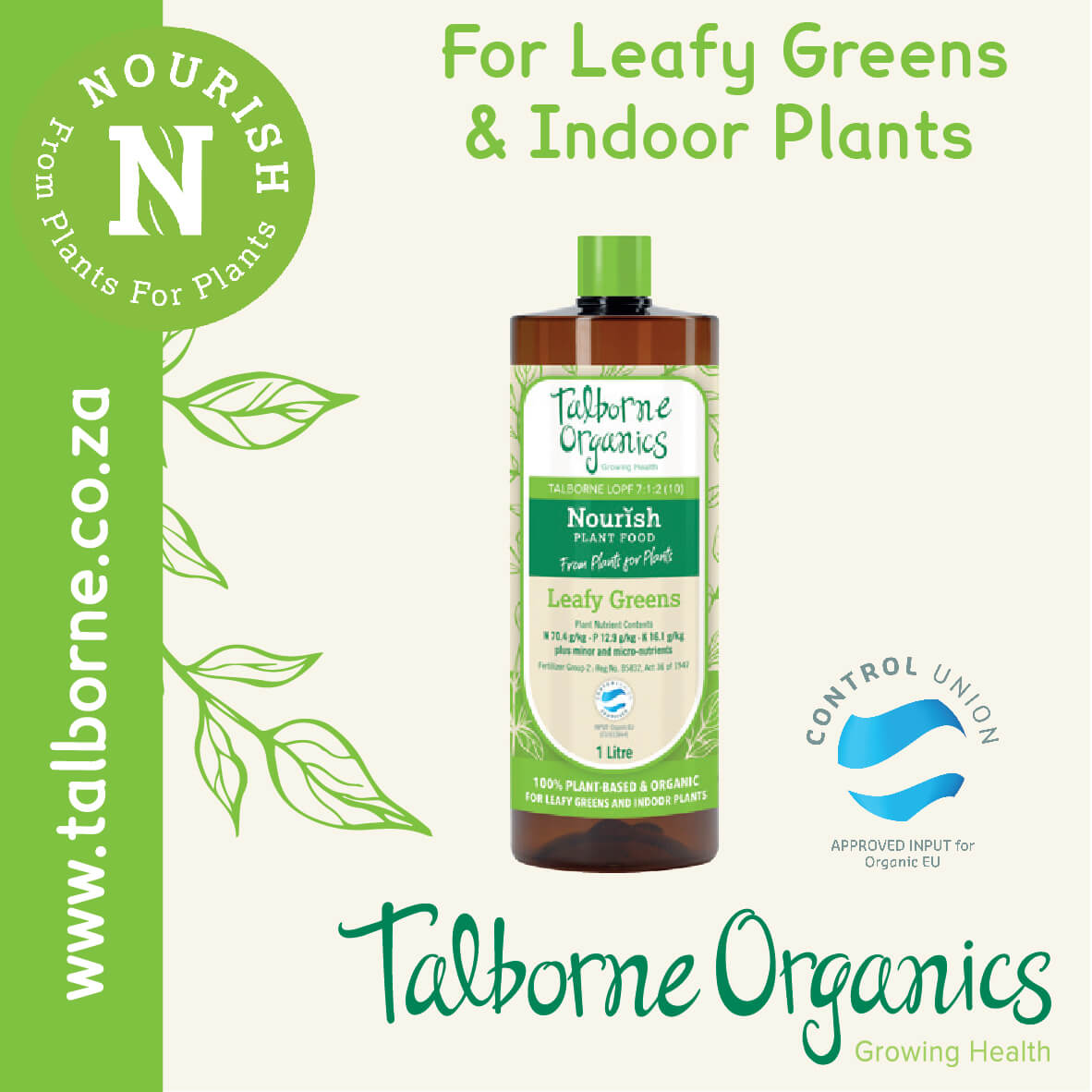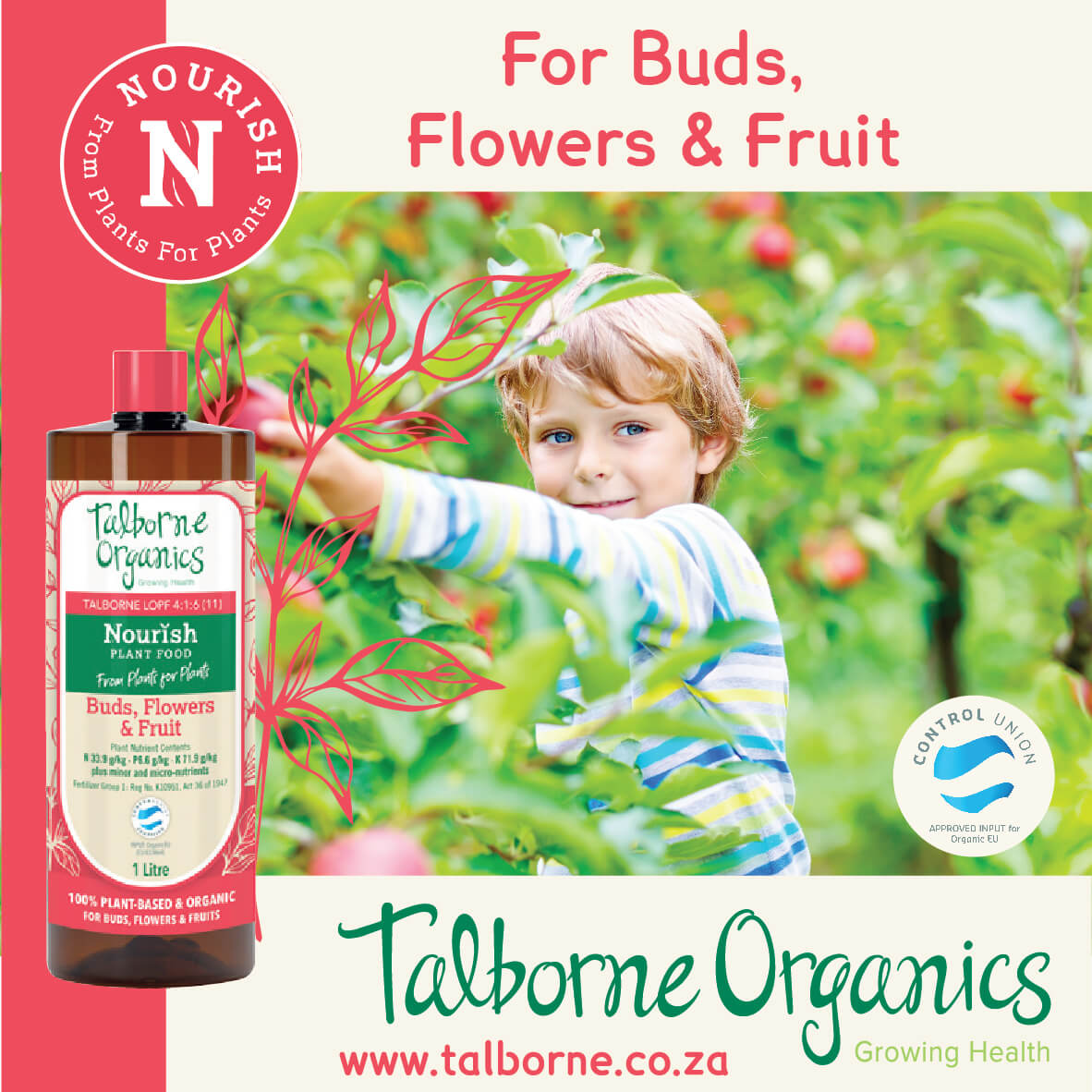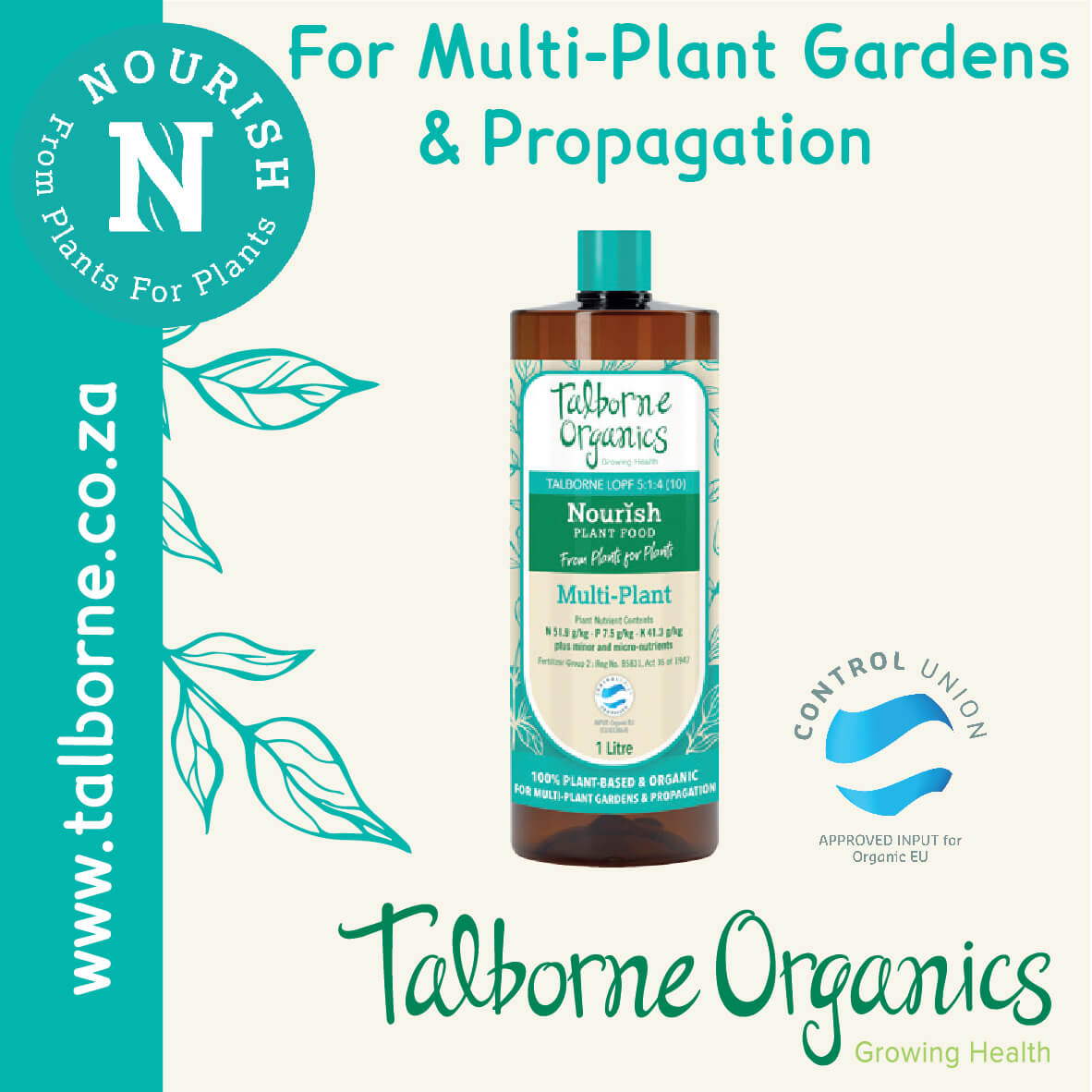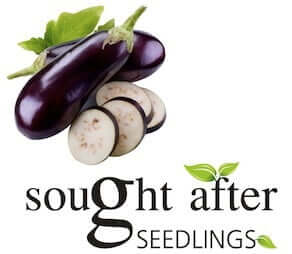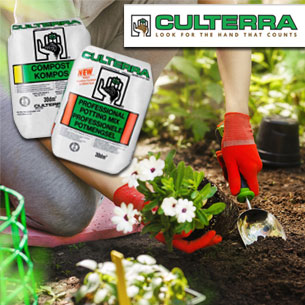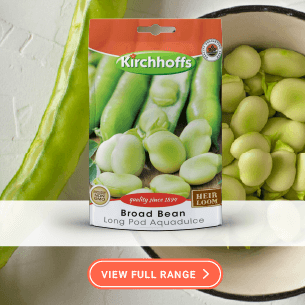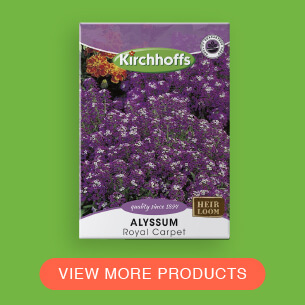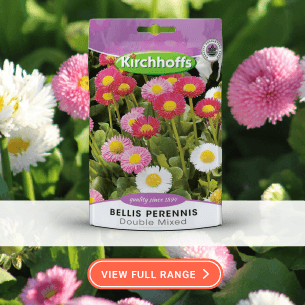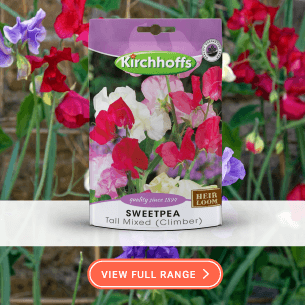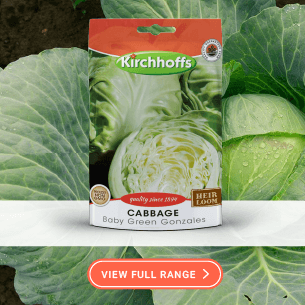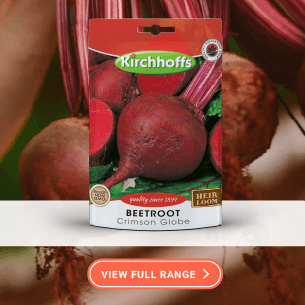In South Africa, the arrival of Christmas beetles marks a seasonal change, but it also signals a time for gardeners to be vigilant. These beetles, named for their appearance around the festive season, can cause significant damage to a variety of plants. Understanding how to identify and control them is an important part of maintaining a healthy garden and attractive plants.
Identifying the Christmas Beetle
What do Christmas beetles look like and when are they active?
Christmas beetles are easily recognized by their glossy, often metallic bodies, and they are most active during the warm summer evenings. Their emergence around December gives them their festive name. These beetles are particularly drawn to light, making them a common sight around homes and gardens during the holiday season.
Christmas beetles
When you spot Christmas beetles, it usually indicates they’re nearing the final stage of their lifespan. These beetles have a particular fondness for dining on the leaves of roses and various trees, where they leave distinct zigzag patterns while voraciously feeding. During their breeding season, which spans from November to January, adult beetles typically lay between 20 to 30 eggs, often in compost heaps or in beds rich in organic matter. The larvae then spend nearly a year underground, sustaining themselves on decaying organic materials and the roots of plants.
Plants Commonly Affected by Christmas beetles
Fruit Trees Affected by Christmas beetles
Apple, Pear, and Peach Trees: These fruit-bearing trees are especially susceptible to Christmas beetle infestations. The beetles often feed on the leaves, causing significant damage that can lead to reduced fruit yield and vitality of the trees. The foliage damage, characterized by ragged edges and holes, can weaken the tree’s overall health, making it more susceptible to diseases and other pests.
Ornamental Plants Affected by Christmas beetles
- Roses: Perhaps the most iconic victims, roses suffer greatly from Christmas beetle attacks. These beetles tend to chew on the petals and leaves, leading to aesthetic damage and potentially stunting the growth of the plant.
- Lilies and Other Flowering Plants: Lilies, along with other popular flowering plants, are also at risk. Christmas beetles can devour the leaves and flowers, impacting their bloom and leaving the plants looking tattered and unhealthy. This not only affects the garden’s appearance but can also reduce the plant’s ability to photosynthesize effectively.
Vegetables Affected by Christmas beetles
- Leafy Greens: Plants like lettuce, spinach, and cabbage are often targeted by Christmas beetles. They chew through the leaves, leaving them with holes and ragged edges, which can render the vegetables unsuitable for consumption and reduce the overall yield.
- Root Vegetables: While less visible, root vegetables like carrots and beets can also suffer. The larvae of Christmas beetles, living in the soil, may feed on the roots, causing underground damage that goes unnoticed until harvest time. This can result in stunted growth and poor-quality produce.
Christmas beetles pose a significant threat to a wide range of plants in South African gardens, from fruit trees to ornamentals and vegetables. Their feeding habits can lead to aesthetic damage, reduced yields, and in some cases, the death of the plants. Understanding their preferences helps gardeners to implement targeted control measures and protect their precious green spaces.
Organic Control Methods for Christmas beetles
South African products to control Christmas beetles
Margaret Roberts Organic Insecticide
Other organic control methods for Christmas beetles
Using natural predators to manage Christmas beetle populations. Birds, particularly those native to South Africa, plays a significant role in controlling these beetles. Encouraging bird life in your garden through bird feeders and nesting boxes can be an effective and environmentally friendly control method.
Some people take the time to set up spotlights with water buckets in front of them, the Christmas beetles are attracted by the lights at night time and then fall and drown in the water.
Chemical Control Methods Christmas beetles
South African products to control Christmas beetles
Efekto – Karbaspray Insecticide
Protek Complete 350sc Insecticide
When biological control is not enough, chemical pesticides can be used. It’s important to choose pesticides that are specifically effective against Christmas beetles and approved for use in South Africa. Always adhere to safety guidelines when applying these chemicals to protect both the environment and other non-target species in your garden.
Dealing with Christmas beetles in South African gardens requires a combination of vigilance, organic control, and, when necessary, chemical interventions. By identifying the beetles early and understanding their favorite plants, gardeners can take proactive steps to protect their gardens and minimize damage.
